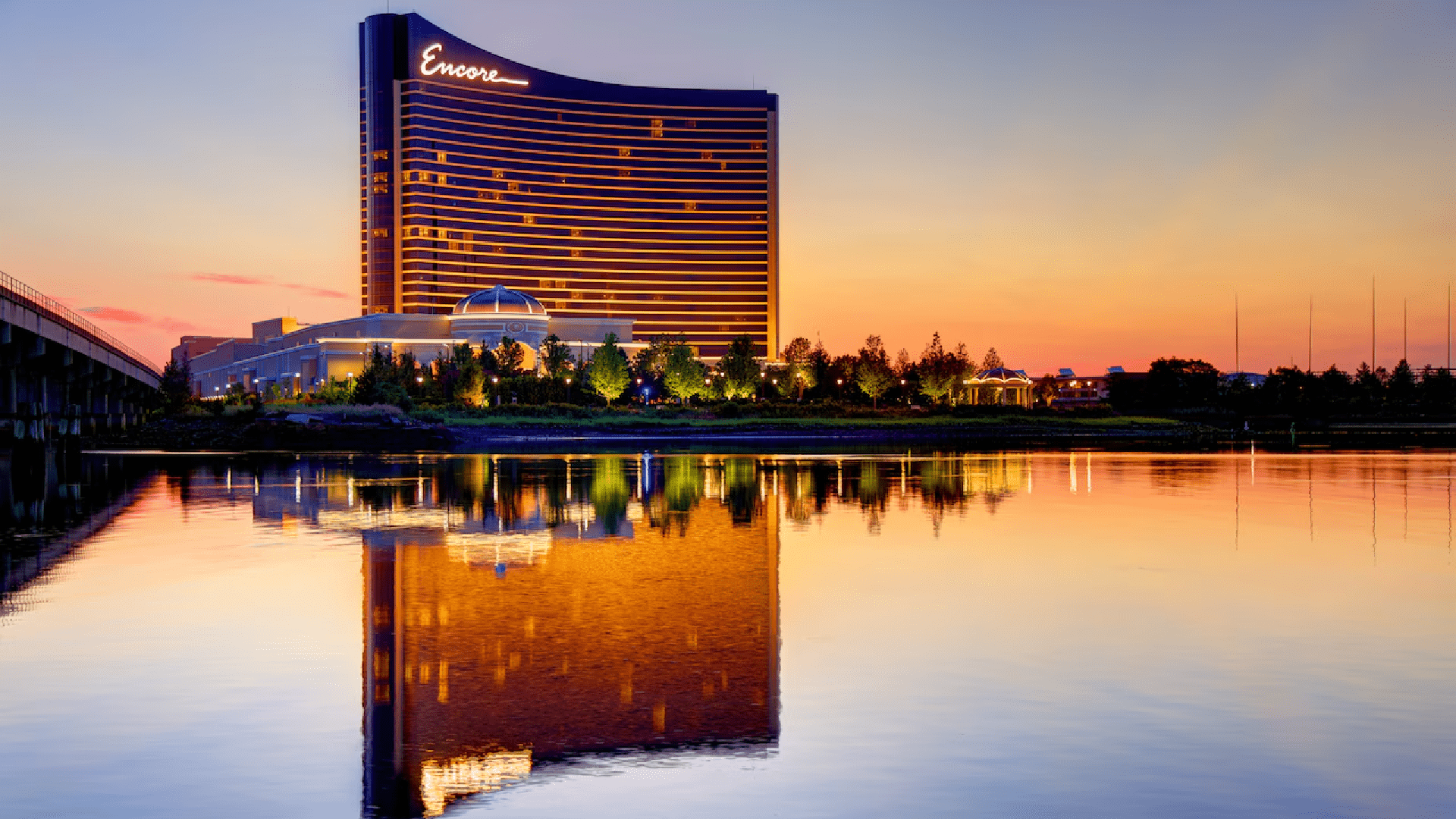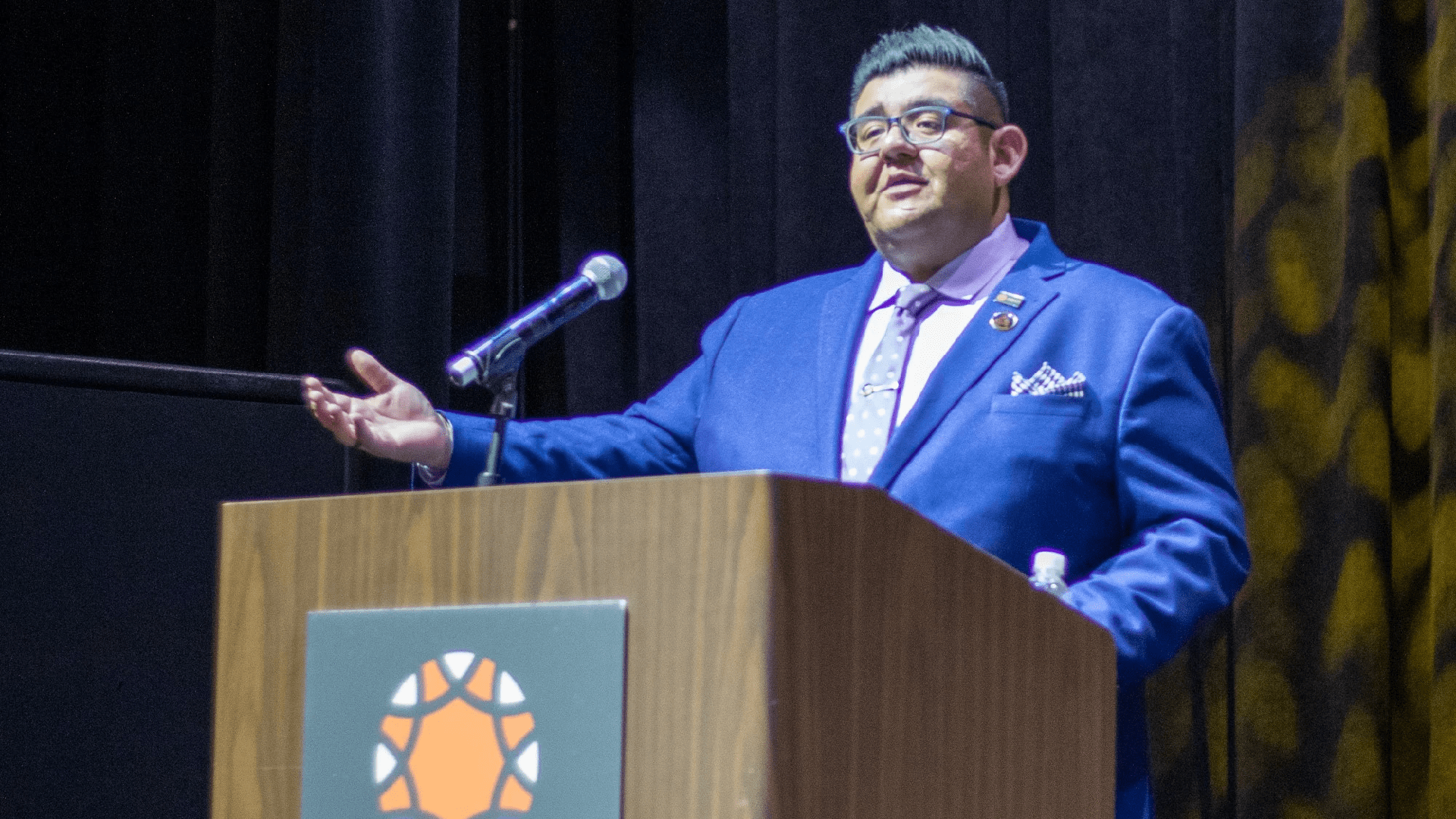
Massachusetts Online Casino Bill Slated for Consumer Protection Committee Hearing
The Joint Committee on Consumer Protection and Professional Licensure will consider legislation next week that would license, regulate, and tax online casino gambling in Massachusetts.
Since legal iGaming is now available in Connecticut and Rhode Island, Massachusetts' two southern neighbors, some state senators in Boston think it's time for the commonwealth to embrace online slot machines and table games. Senate Bill 235 and House Bill 332 are twin bills that aim to establish Massachusetts as an iGaming jurisdiction. They were introduced in February by state senator Paul Feeney (D-Bristol) and representative Daniel Cahill (D-Essex).
The statutes will be discussed by the joint committee on Monday, June 23 of next week.
The Leading Regulator Demands Guardrails
Online casino gaming is legal in just seven states. In addition to Connecticut, Delaware, Michigan, New Jersey, Pennsylvania, Rhode Island, and West Virginia, Feeney and Cahill anticipate that Massachusetts will also reap the benefits of iGaming tax income.
Two years have passed since Rhode Island lawmakers made gambling available online, making it the eighth iGaming market. Although other state capitals have since contemplated enacting laws pertaining to Internet gambling, no new iGaming markets have emerged.
An internet casino bill that would grant the state's tribes iGaming privileges was sent to Governor Janet Mills (D) by the Maine State Legislature this week. It is anticipated that Mills will veto the bill.
The Massachusetts Gaming Commission's (MGC) head, Jordan Maynard, has recently made negative remarks about the nation's hasty adoption of internet gambling.
"When I think about the industry right now, I see a highway without speed limits, cars without seatbelt dingers. Regulators are who put the seatbelt dingers in. I don’t think the car manufacturers just woke up one day and decided to annoy whoever’s driving the car until they put their seatbelt on,” Maynard said in an interview with The Guardian.
“A lot of people try to figure me out as a regulator. It’s really simple,” Maynard continued. “I’m not thinking about big business — I’m thinking about how this affects the patrons and the citizens of Massachusetts.”
The companies that oversee MGM Springfield and Plainridge Park, MGM Resorts and Penn Entertainment, have been supportive of obtaining iGaming rights in places where the expansion of gambling has been contemplated. On the other hand, Wynn Resorts has been less optimistic. In 2023, the Encore Boston Harbor operator closed WynnBet, its online gaming division.
Details of the Massachusetts Online Casino Bill
The proposals proposed by Feeney and Cahill would permit up to two iGaming partners to be pursued by each of the three physical casinos in the state. Additionally, up to four untethered online casino skins would be permitted by the legislation.
The initial cost of an iGaming concession would be $5 million. The licenses would be renewed for a further five years at an additional cost of $5 million.
The state would levy a 20% tax on iGaming's gross gaming earnings in addition to licensing costs. Given that the proposed tax is significantly lower than the 54% levy in Pennsylvania and the 52.5% tax in Rhode Island levied on online slots, it is likely to appeal to iGaming providers, such as Boston-based DraftKings. All types of iGaming are subject to an 18% tax in Connecticut.
With over 7.1 million residents, Massachusetts is the 16th most populous state, but it is also the richest, with a typical household income of almost $100,000 last year.














